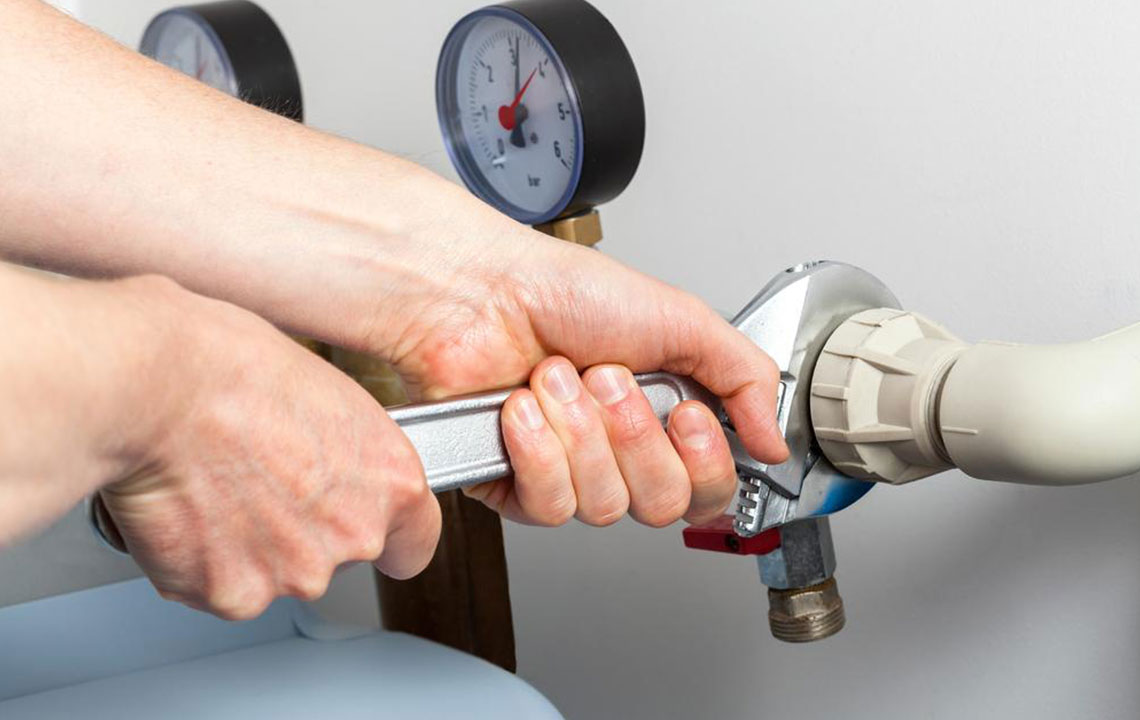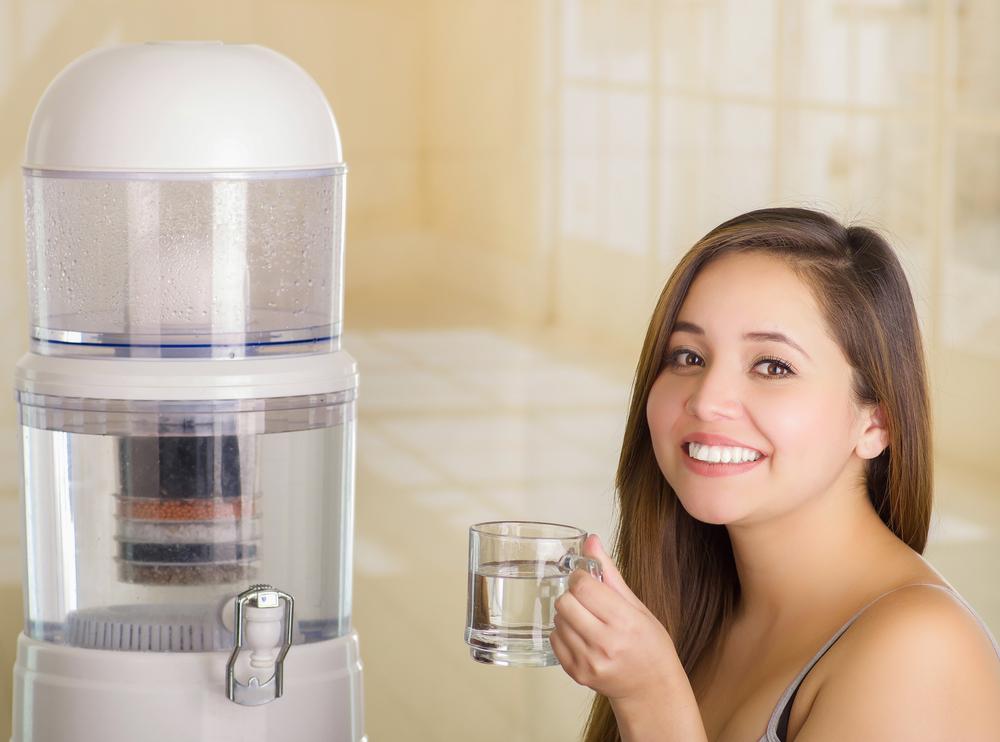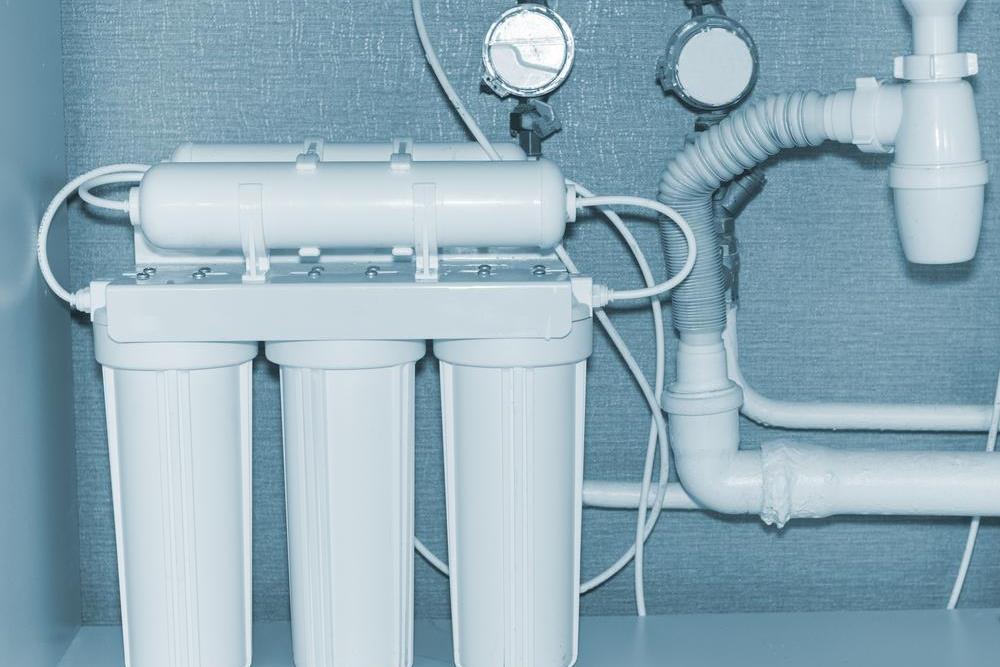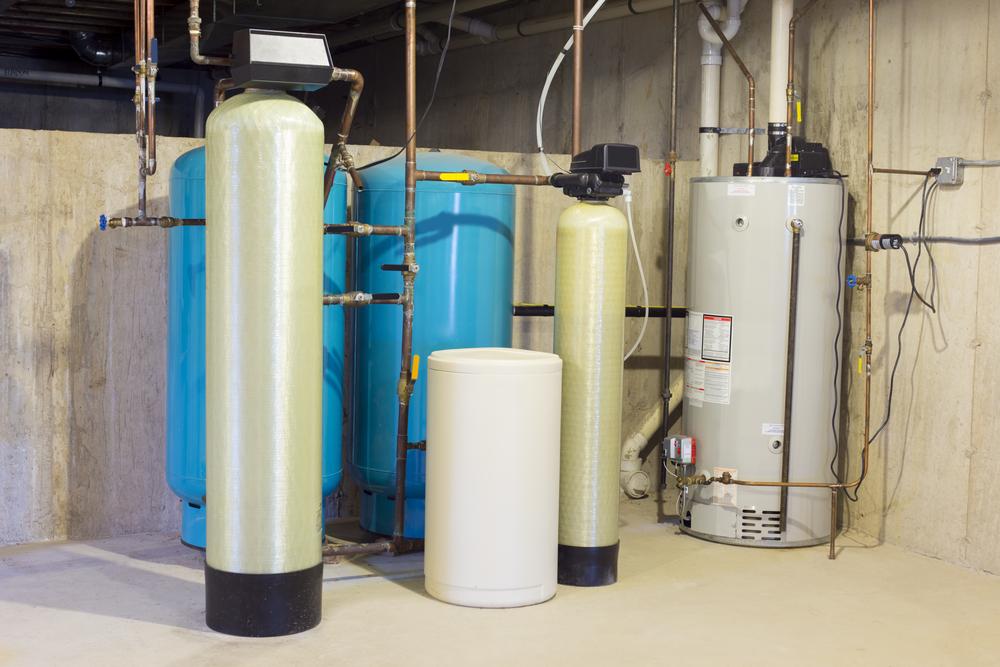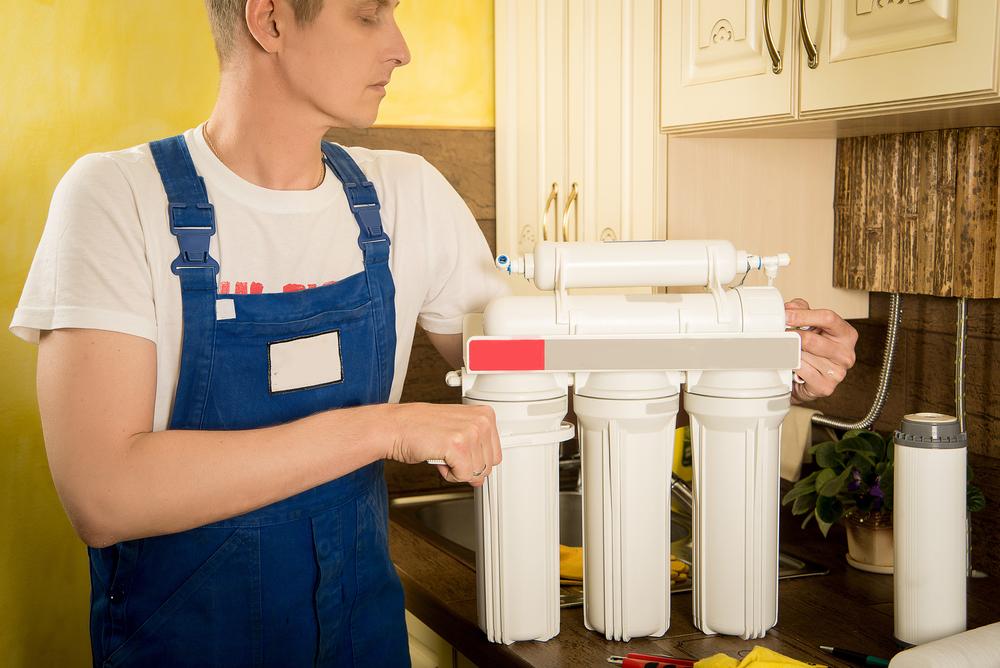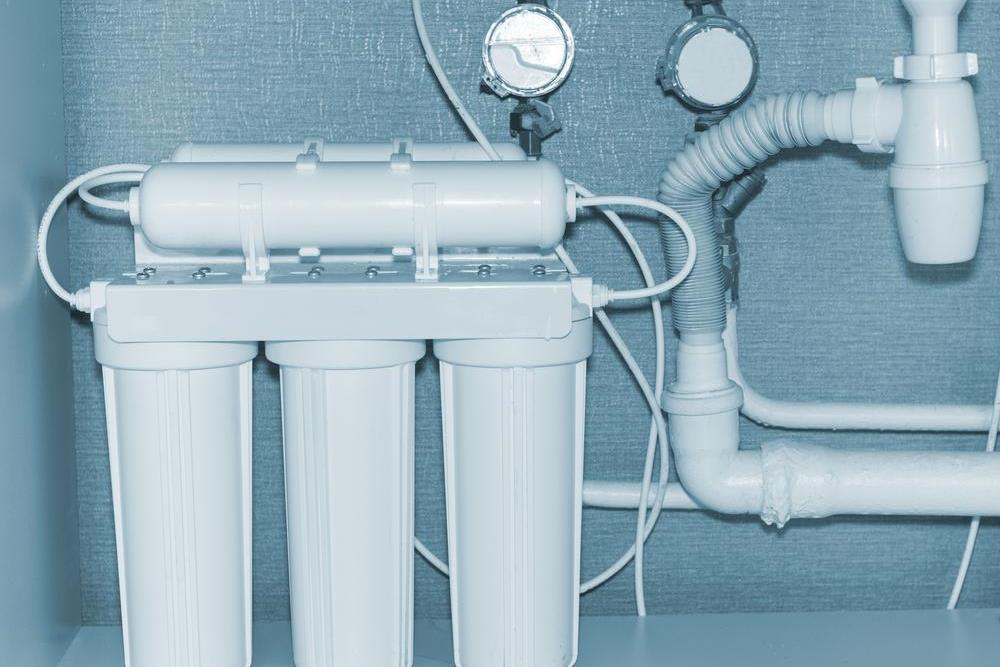Key Factors to Consider When Selecting a Water Softening System
Learn the key factors for selecting the ideal water softener, including capacity, certifications, and maintenance tips. Proper choice ensures the removal of hardness-causing minerals, improving water quality and appliance longevity.
Sponsored
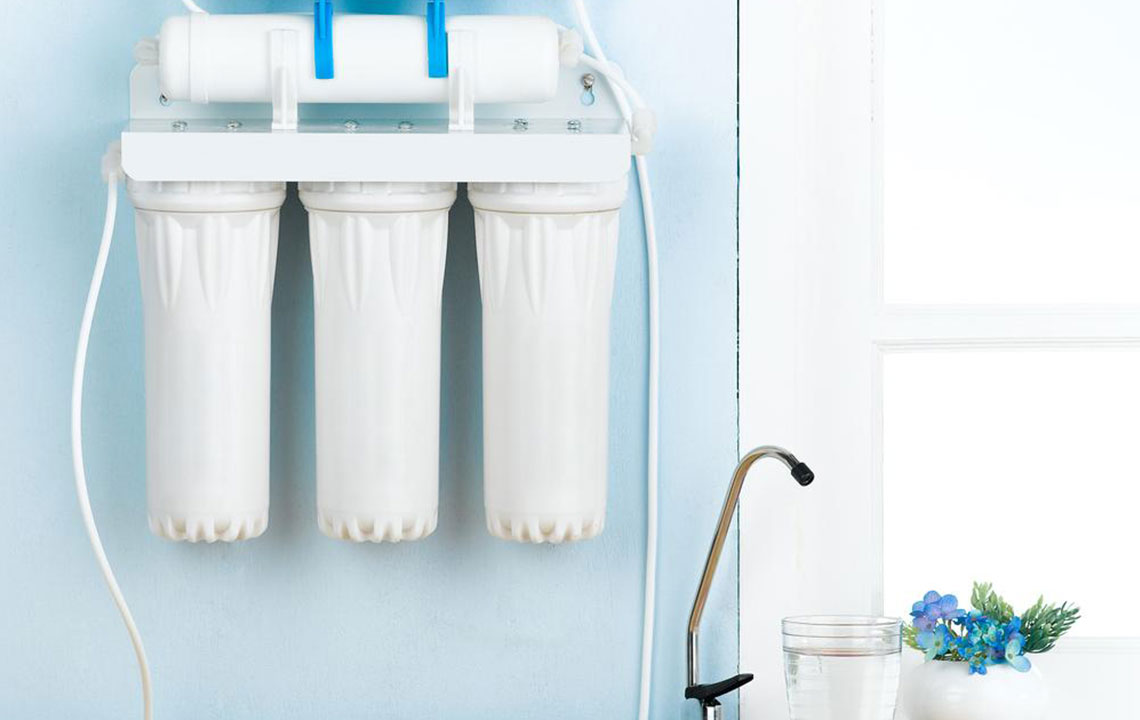
Essential Tips for Choosing the Right Water Softener
Hard water can cause many household inconveniences, including spots on glassware, soap scum on shower doors, and decreased efficiency of appliances. Installing an effective water softener helps prevent these issues, making daily life easier.
Water softeners remove calcium and magnesium ions through an ion exchange process, replacing them with sodium or salt. NSF-certified models are often regarded as the top options. Choosing an NSF-certified softener with a system monitor can alert you when salt levels are low, ensuring optimal water quality.
Water hardness is measured in grains per gallon, and a water softener’s grain capacity indicates how many grains it can remove before regeneration is needed. To find the best softener for your home, follow these steps:
Count household members.
Multiply household size by daily water usage per person.
Test your water’s hardness level with a testing kit.
Multiply this hardness level by the total gallons used daily to determine grains to be removed each day.
This calculation helps you select a softener capable of handling your water’s hardness. Once established, you can choose a model rated for that capacity. If you’ve been using a softener for a while, the resin bed may accumulate mineral buildup, requiring regeneration. During regeneration, salt mixes with incoming water to clean the resin, restoring its effectiveness for softening water.

